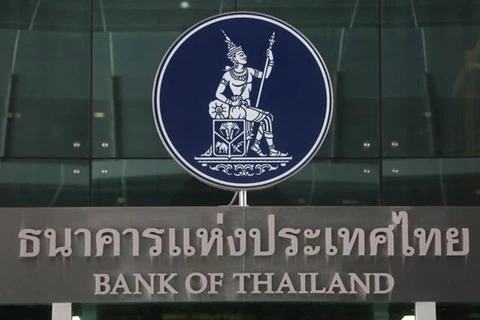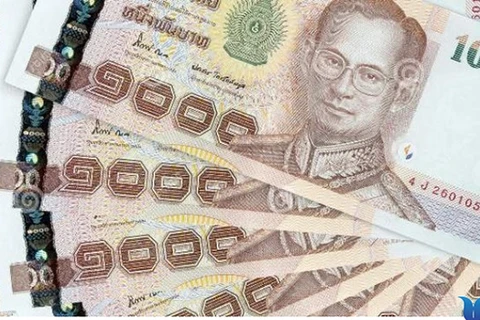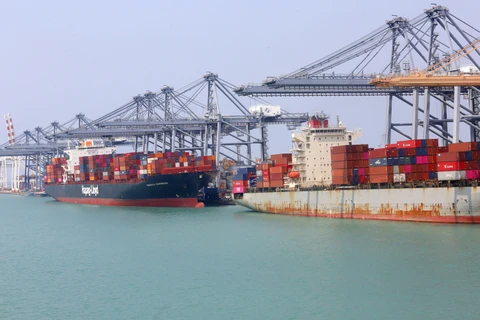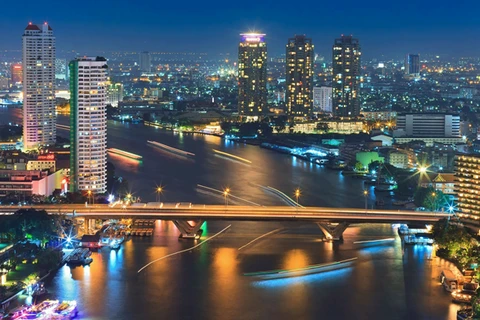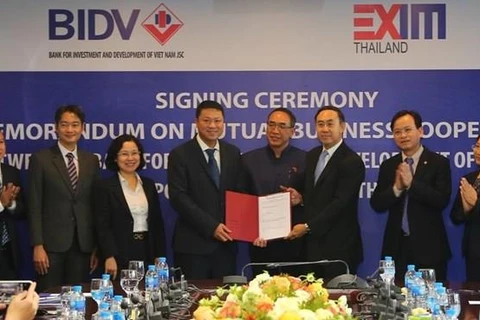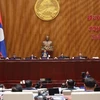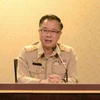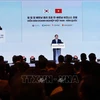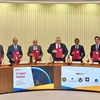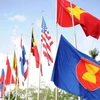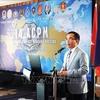Bangkok (NNT/VNA) - The Bank of Thailand has advised holders of debit cards and ATM cards with magnetic stripes, to use chip cards instead, as transactions via ATMs or card swiping machines, will no longer be possible after January 15, 2020.
Sirithida Phanomwanna Ayutthaya, an assistant governor of the Bank of Thailand in the payment policy and financial technology section, said the use of chip cards provides more safety assurances than debit or ATM cards and prevents the use of fake cards which might contain data from stolen debit or ATM cards via ATMs.
Since 2016, the Bank of Thailand has cooperated with the Thai Bankers Association and other financial institutions to encourage the use of chip cards instead of debit or ATM cards with magnetic stripes, to be on par with international standards. All debit cards and ATM cards are expected to be replaced by the end of this year since they will no longer be usable at ATMs or card swiping machines after January 15, 2020.
According to financial institutions, about 47 million chip cards are currently in use, while about 20 million magnetic-striped cards are currently used nationwide. The Bank of Thailand has called on the holders of debit or ATM cards with magnetic stripes to contact any branch of their bank, to change their cards by producing their ID card, debit or ATM card and bank account book. No service fee is charged./.
